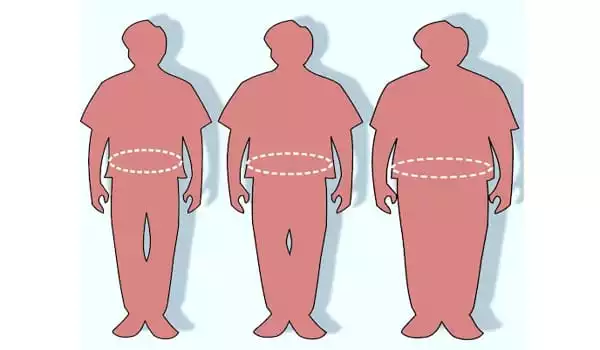In the effort to develop drugs to treat obesity, there is some encouraging news: Scientists at the University of Virginia have identified 14 genes that can cause weight gain and three that can prevent it. The findings pave the way for new treatments to combat a health issue that affects more than 40% of American adults.
“We know of hundreds of gene variants that are more likely to be found in people who have obesity or other diseases. However, ‘more likely to appear’ does not imply causing the disease. This uncertainty is a significant impediment to utilizing the power of population genomics to identify targets for treating or curing obesity. To overcome this barrier, we created an automated pipeline that tests hundreds of genes for a causal role in obesity at the same time. Our first round of experiments revealed more than a dozen genes that cause obesity and three genes that prevent obesity,” said Eyleen O’Rourke of the University of Virginia’s College of Arts and Sciences, the School of Medicine’s Department of Cell Biology, and the Robert M. Berne Cardiovascular Research Center.
“We anticipate that our approach, as well as the new genes we discovered, will hasten the development of treatments to reduce the burden of obesity.”
The discovery of genes that directly cause obesity could pave the way for treatments for a condition that affects more than 40 percent of American adults.
Eyleen O’Rourke
OBESITY AND OUR GENES
O’Rourke’s new study sheds light on the complicated intersections of obesity, diet, and our DNA. Obesity has become an epidemic, fueled in part by high-calorie diets high in sugar and high-fructose corn syrup. Sedentary lifestyles also play a significant role. However, our genes also play an important role in fat storage and how well our bodies burn food as fuel. So, if we can identify the genes that convert excess food into fat, we might be able to use drugs to deactivate them and decouple excess eating from obesity.
Hundreds of genes associated with obesity have been identified by genomicists, indicating that the genes are more or less prevalent in obese people than in healthy weight people. The challenge is determining which genes play causal roles in weight gain by directly promoting or assisting in the prevention of weight gain. O’Rourke and her colleagues used humble worms known as C. elegans to separate the wheat from the chaff. These tiny worms prefer to live in decaying vegetation and feed on microbes. They do, however, share more than 70% of our genes and, like humans, become obese if fed an excessive amount of sugar.

The worms have been extremely beneficial to science. They’ve been used to figure out how common drugs work, such as the antidepressant Prozac and the glucose-stabilizing metformin. Even more impressive, three Nobel prizes have been awarded in the last 20 years for the discovery of cellular processes first observed in worms but later discovered to be critical to diseases such as cancer and neurodegeneration. They’ve also been critical in the development of RNA-based therapeutics.
O’Rourke and her colleagues used worms to screen 293 genes associated with obesity in humans, with the goal of determining which of the genes were actually causing or preventing obesity. Their findings were published in the scientific journal PLOS Genetics. They accomplished this by creating a worm model of obesity and feeding some worms a regular diet and others a high-fructose diet.
With the help of automation and supervised machine learning-assisted testing, they were able to identify 14 genes that cause obesity and three that help prevent it. Intriguingly, they discovered that inhibiting the action of three genes that prevented the worms from becoming obese also resulted in them living longer and having better neuro-locomotory function. Those are the kinds of advantages that drug companies would like to see from anti-obesity medications.
Of course, more work is required. However, the researchers believe the indicators are encouraging. In lab mice, for example, blocking the effect of one of the genes prevented weight gain, improved insulin sensitivity, and reduced blood sugar levels. These findings (along with the fact that the genes under study were chosen because they were linked to obesity in humans) suggest that the findings will be replicated in humans, according to the researchers.
“Anti-obesity therapies are desperately needed to reduce the burden of obesity in patients and the healthcare system,” said O’Rourke. “Our combination of human genomics and causality tests in model animals promises to yield anti-obesity targets that are more likely to succeed in clinical trials due to their expected increased efficacy and decreased side effects.”





